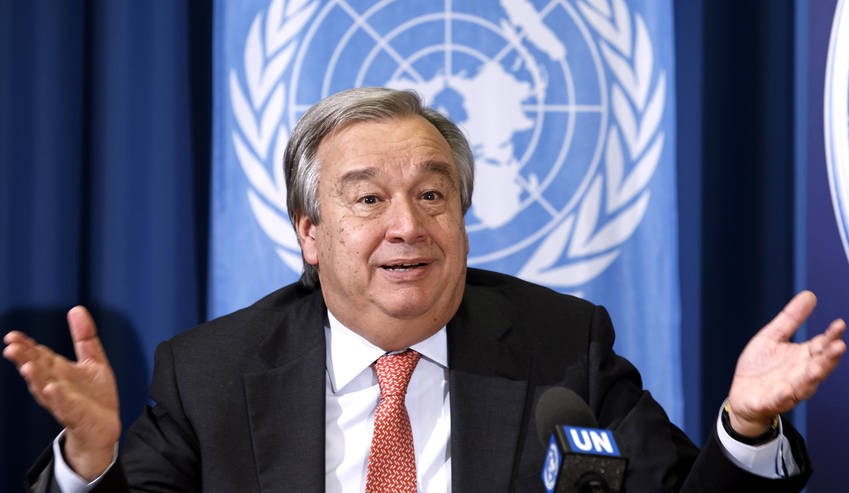It’s becoming a cliché that coronavirus has disproportionately impacted women and girls, as recently stated by the UN Secretary-General Antonio Guterres in a recent ‘Town hall’ address to women from civil society organisations.
Women make up the bulk of healthcare workers, meaning they have been on the front line of the Covid response, he said. Meanwhile, ‘unpaid care work’ has also found its way mainly back onto female to-do lists. That is, coronavirus abruptly cancelled the second-wave feminist compromise, which facilitated women’s entry into the workplace by displacing the traditional ‘women’s work’ of caring for dependent children less onto fathers than third-party providers.
With schools, nurseries and childminders shut down, and even grandparents off-limits, women who thought themselves on the way to equality in the workplace suddenly found themselves juggling remote working plus the lion’s share of home-schooling and other childcare duties.
This is all true, as is the rocketing worldwide incidence of domestic violence under lockdown. But in the rush to reinstall the priors of identity politics over the disaster of this pandemic, let’s also remember to distinguish between different kinds of impact. Women have indeed shouldered the bulk of coping with the societal changes triggered by coronavirus. But men have done the bulk of dying from it, by a factor of one-third to two-thirds.
My household all got coronavirus; but it was my husband who got ‘long Covid’. And while it’s technically true that while he was ill this placed a ‘disproportionate burden’ of household chores onto me, it wasn’t me facing the prospect of my own possible death. ‘Impact’ can be measured on a number of axes.
The UN statement reminded me of Hillary Clinton’s assertion that “Women have always been the primary victims of war”. Clinton notoriously overlooked the fact that in order for wives and mothers to be grieving, the men in question need to have been actually killed, a condition which would render them arguably a better fit for the definition of ‘primary victim’ than those mourning their passing.
Taking a step back, the whole identity-group framing is exasperating because it treats victimhood like a good whose distribution is zero-sum. If one group deserves empathy on one axis, it suggests, that’s a net debit from the total store of empathy, meaning another group must go without. And perhaps in the cut-throat ‘attention economy’ of clickbait and sloganeering, there’s some truth in this.
But embracing this framing as a mode of mainstream political discourse means all of public life is effectively reimagined as inter-group resource competition. It no longer seems possible simultaneously to hold in mind the struggles of women as a group, and those of men. What we share disintegrates ever further in the squabble for top spot in the victim hierarchy.











Join the discussion
Join like minded readers that support our journalism by becoming a paid subscriber
To join the discussion in the comments, become a paid subscriber.
Join like minded readers that support our journalism, read unlimited articles and enjoy other subscriber-only benefits.
Subscribe